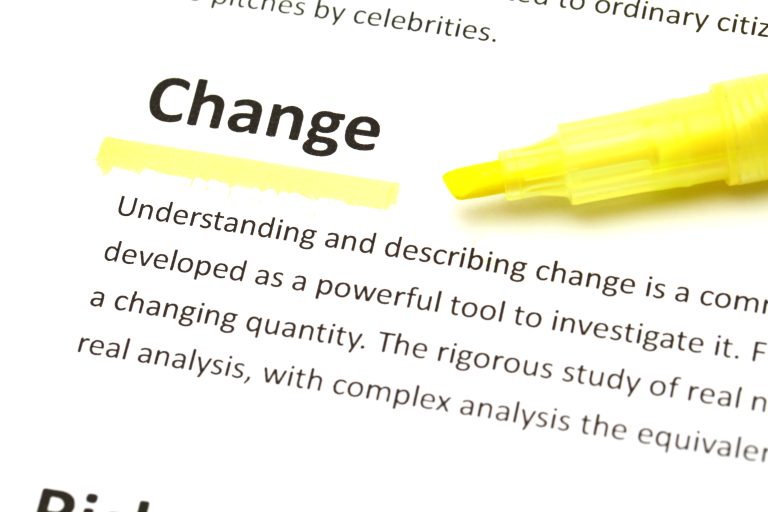Change is an inevitable part of life. Yet it often brings a sense of unease or anxiety. Something as simple as moving to a new apartment can cause some minor to severe anxiety, even if the change could be argued as relatively minor or positive.
From a scientific standpoint, this response to change is deeply rooted in our psychological and physiological makeup. While anxiety over change has a natural mental health component, it also has a biological one, and understanding this can help you better understand yourself and, hopefully, learn to control it.
Neurological Responses to Change
Change does cause anxiety in cognitive/psychological ways. But it is important to note that fear of change is quite natural, and actually caused by biological reactions when we experience unfamiliar things. The human brain is hardwired to respond to change with heightened alertness. Key areas involved include:
- The Amygdala – This part of the brain plays a crucial role in processing emotions. It becomes particularly active in response to unfamiliar or uncertain situations, triggering a cascade of stress hormones like cortisol, preparing the body for a ‘fight or flight’ response.
- Predictive Processing – Our brains constantly create predictions based on past experiences. When change occurs, it disrupts these predictions, leading to a sense of uncertainty and anxiety. The brain must then expend additional energy and resources to form new predictions and understandings, contributing to feelings of stress and overwhelm.
Anxiety, in evolutionary terms, has been a survival tool. It makes us alert to potential dangers, ensuring caution and readiness to respond to threats. This evolutionary perspective explains why our response to change is often disproportionate to the actual threat it poses in modern life. Evolution has honed our sensitivity to changes in our environment, as these could historically signal danger. This sensitivity can manifest as anxiety in today’s world where changes are less often a matter of survival.
Psychological and Social Influences
Of course, our biological response to change is only part of the puzzle and, despite being biological, our brains do learn how to respond to things based on outside factors, like our ability to cope with stress. That is why it is also important to pay attention to the biological and social impacts of change that can contribute to anxiety, such as:
- Disruption of Routines – We are creatures of habit, and our routines offer a sense of stability and control. Change disrupts these routines, leading to a perceived loss of control and security, which can be a potent trigger for anxiety.
- Social Dynamics – Changes can alter our social roles and relationships, leading to social anxiety. This is particularly pronounced during major life transitions that involve shifts in our social status or networks.
- Self-Concept and Beliefs – Significant changes can challenge our self-perception and belief systems, leading to a form of existential anxiety as we reassess our place in the world and our understanding of it.
While anxiety in the face of change is a natural human response, understanding its roots can help in managing it more effectively, and our minds do have the ability to control the evolutionary reactions of our brains. If we can learn how to understand and address the cognitive component, we can reduce the way our minds respond to change both now and in the future.
How Do We Treat Anxiety Responses to Change?
As therapists, we may use a wide range of approaches to address responses to change, based on you, the changes you’re experiencing and more. Strategies might include developing flexible routines, enhancing our coping mechanisms, and nurturing a mindset that embraces change as an opportunity for growth and learning.
The anxiety induced by change is a multifaceted response, woven into the very fabric of our being. It combines our brain’s instinctual reactions, our evolutionary past, and our psychological and social conditioning. Recognizing and understanding these factors can be the first step in learning to navigate change with resilience and adaptability.
If you’re struggling with change, or you have a change coming up, contact Right Path Counseling, today.

